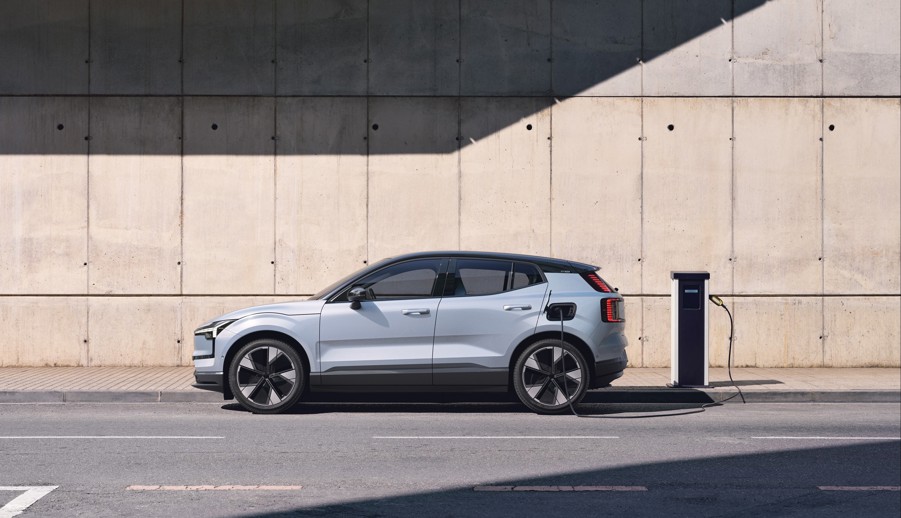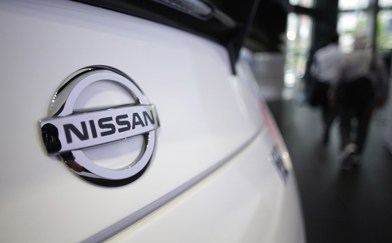A recent study by Scrap Car Comparison has unveiled some intriguing insights into driver reaction times, revealing that Volvo drivers, along with those behind the wheel of electric vehicles (EVs), boast the quickest reflexes on the road.
The research, which involved 2000 UK drivers participating in a simulated emergency stop reaction test, measured reaction times in milliseconds and converted them into a 'reaction age' based on age-specific averages.
Volvo drivers lead the pack

The study found that Volvo drivers topped the charts with an average reaction time of 0.401 seconds, translating to a reaction age of 32.
This is particularly impressive considering the average age of Volvo drivers in the study was 45, suggesting they are significantly more alert than their years would suggest. The findings reinforce the stereotype of Volvo owners as sensible and safety-conscious drivers.

Jaguar owners trailed closely behind with an average reaction time of 0.409 seconds, showcasing their ability to remain composed under pressure.
Other notable performers included Suzuki, Mitsubishi and Porsche owners, all of whom demonstrated quick reflexes in the face of hazards.
On the flip side, Mercedes-Benz owners recorded the slowest average reaction time at 0.527 seconds, equivalent to a reaction age of 45. This was notably four years older than the average age of Mercedes drivers participating in the study, indicating a potential need for increased vigilance on the road.
The study also explored the impact of fuel type on reaction times. EV drivers emerged as the clear winners with an average reaction time of 0.459 seconds. Hybrid drivers followed closely at 0.462 seconds, while petrol and diesel drivers lagged slightly behind.
The critical importance of reaction times
The research underscores the vital role of reaction times in road safety. As David Kottaun, Operations Manager at Scrap Car Comparison, emphasizes, "Being alert and reacting quickly to a hazard is crucial because a driver's response time will contribute to the time and distance it takes for the vehicle to slow down and reach a complete stop."
Even a slight delay in reaction time can significantly increase stopping distances, potentially leading to accidents. The study serves as a reminder for all drivers to remain focused and avoid distractions while driving, as a split second can make all the difference.
While the study was conducted in the UK, its findings are relevant to New Zealand drivers as well. It highlights the importance of choosing a safe and reliable vehicle, staying alert behind the wheel and avoiding distractions.





